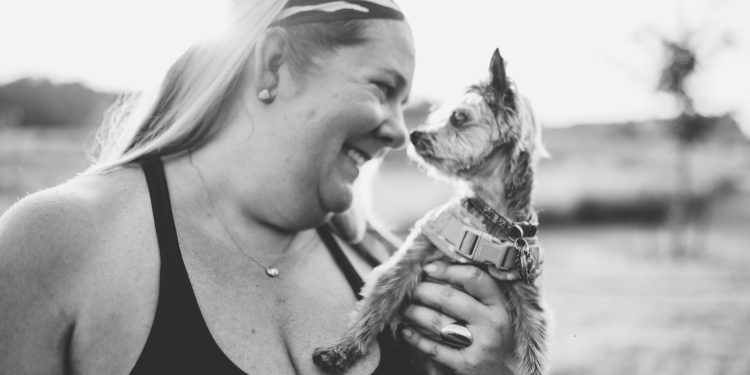by Amy Zellmer, Editor-in-chief
This year has been a challenge to almost everyone’s mental health, regardless of whether or not they have a brain injury. Depending on where you live, some have been in lockdown longer than others, and some have witnessed more devastating hot spots than others.
I originally picked all of the 2020 themes last year, so it truly seems serendipitous that we are talking about mental health in this issue, during the era of COVID, during a Black Lives Matter movement, in what is both the longest year ever, yet is flying by in the blink of an eye.
This year has been particularly challenging for me. I was traveling when the pandemic first hit (Hello, anxiety!) and then came home to a three-month lockdown and isolation. During lockdown my beloved Yorkie, Pixxie, had her fair share of vet visits, during which I couldn’t be in the exam room with her. Mid-summer, I had to do the hardest thing I have ever done — I helped her cross the Rainbow Bridge on July 3rd. Fortunately, the vet made an exception and allowed me to be with her during her final moments (Run pain-free, my sweet girl).
Needless to say, my mental health has been on a roller coaster from hell. I have practiced self-care, done yoga, meditated, walked, and allowed myself quiet time … yet it is still hard to manage.
I want you to understand that it is completely OK to not be okay all of the time, to know that even the best self-care routine doesn’t always help us get out of the funk we’re in.
Depression, anxiety, and PTSD are all very real. If you’ve never experienced any of them — consider yourself incredibly lucky! After a brain injury, and living with symptoms that doctors continue to tell you either a) there’s nothing they can do for it or b) you just have to give it more time, it can be incredibly difficult on your mental (and physical) health. Your fight-or-flight response is in the “on” position and you can’t turn it off. It’s hard for others to understand, especially if they have never struggled with it themselves. But know this — I see you, I hear you, and I feel for you!
My hope is that this issue helps you find some comfort and relief in what is undeniably the craziest year most of us have ever known. May you find solace and guidance in these articles . . . even if you’re reading them while in a deep, dark funk.
If you are experiencing suicidal thoughts, please talk to someone. The National Suicide Prevention Lifeline is available 24/7: 800-273-8255.
Peace and glitter and puppy kisses,
Amy
Amy Zellmer is an award winning author, keynote speaker, and TBI survivor and advocate. She is Editor-in-chief of The Brain Health Magazine, and hosts the Faces of TBI podcast series, as well as TBI TV on YouTube.











